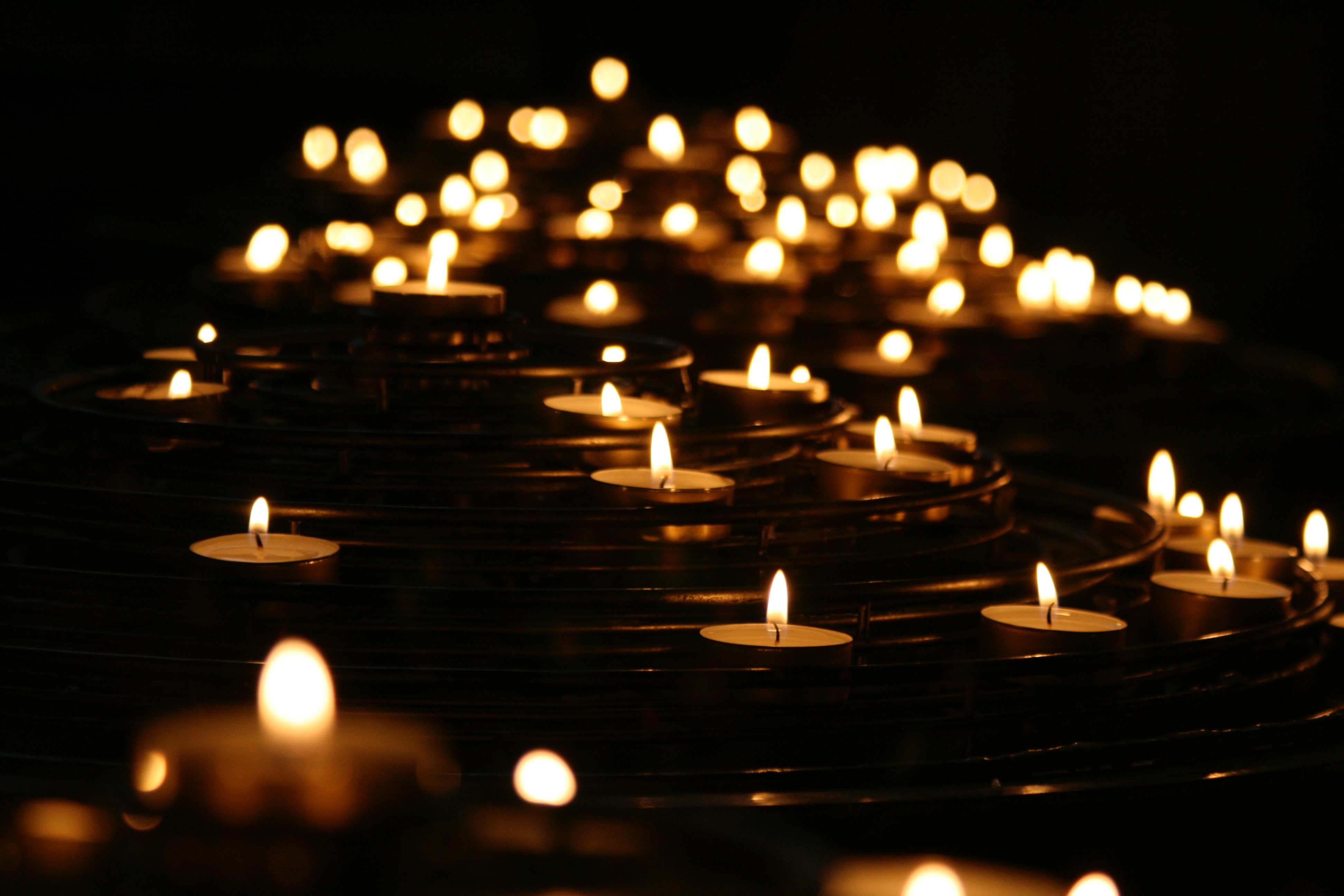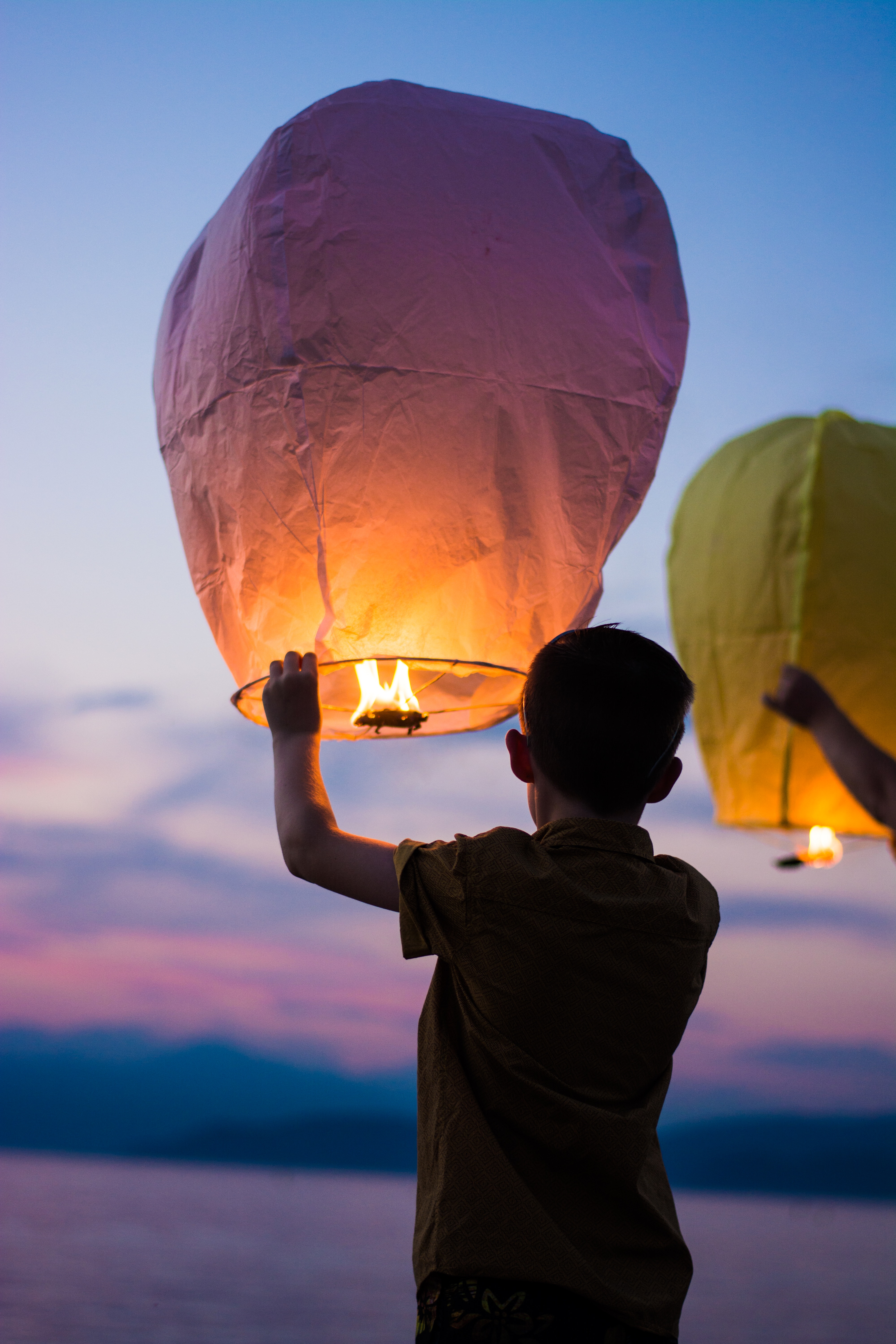
“Nothing you love is lost. Not really. Things, people – they always go away, sooner or later.
You can’t hold them any more than you can hold moonlight. But, if they’ve touched you, if they’re inside you, then they’re still yours.
The only things you ever really have are the ones you hold inside your heart.”
– Bruce Coville (h/t James Clear for sharing)
I’m working on a project for my kids and grandkids that has me writing answers to a series of about 75 questions. It’ll be an autobiography of sorts…a collection of memories and stories about life from my perspective.
While answering a question that asked me to describe a typical school day, I eventually got to my life in high school.
I found myself thinking about the first person who I’d known well that died.
Mr. McNally, my freshman pre-algebra and senior year chemistry teacher, was killed by a drunk driver who ran a red light and broadsided his vehicle.
I hadn’t thought about Mr. McNally for many years, but the moment I thought about my time in high school, all the wonderful memories about him came flooding back. I could see his witty smile; the lab coat he always wore in the chemistry lab. I remembered where I sat in the chem lab and the goofy glasses we had to wear when conducting experiments.
His untimely death was devastating news for our school and all of us who knew him. Mr. McNally was loved by his students. He was one of the special teachers in my life. The kind that not only teaches their subjects extremely well but had a profound impact on my growth as a person.
The unfortunate truth about life is that as the years go by, you’ll have to say goodbye to countless special people. Family members. Friends. Teachers.
Some will die, some will move away. In each case, we will lament that it was too soon. Their departure leaves a shadow on our soul where once they belonged.
I think the most powerful part of Coville’s quote is the way it highlights the transience of love and our relationships. We can’t grasp or possess the moonlight, but we can admire it and the feeling it gives us. Similarly, we can’t possess the people or experiences we love. We can only cherish the memories and the impact they’ve had on us, and hope that we were able to return a positive impact to them.
Coville’s quote encourages us to appreciate the moments and connections we have while we have them. Knowing that if they end, the love we shared with them and their significance endures, enriching our lives.
May the memories you have of your loved ones remain with you always, and may those memories be a source of light and inspiration even as your journey continues without them.
I have one favor to ask. If you enjoyed this post, please forward it to others.
p/c – Mike Labrum – Unsplash.com




